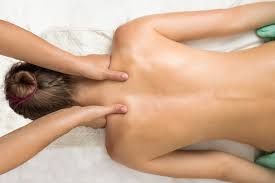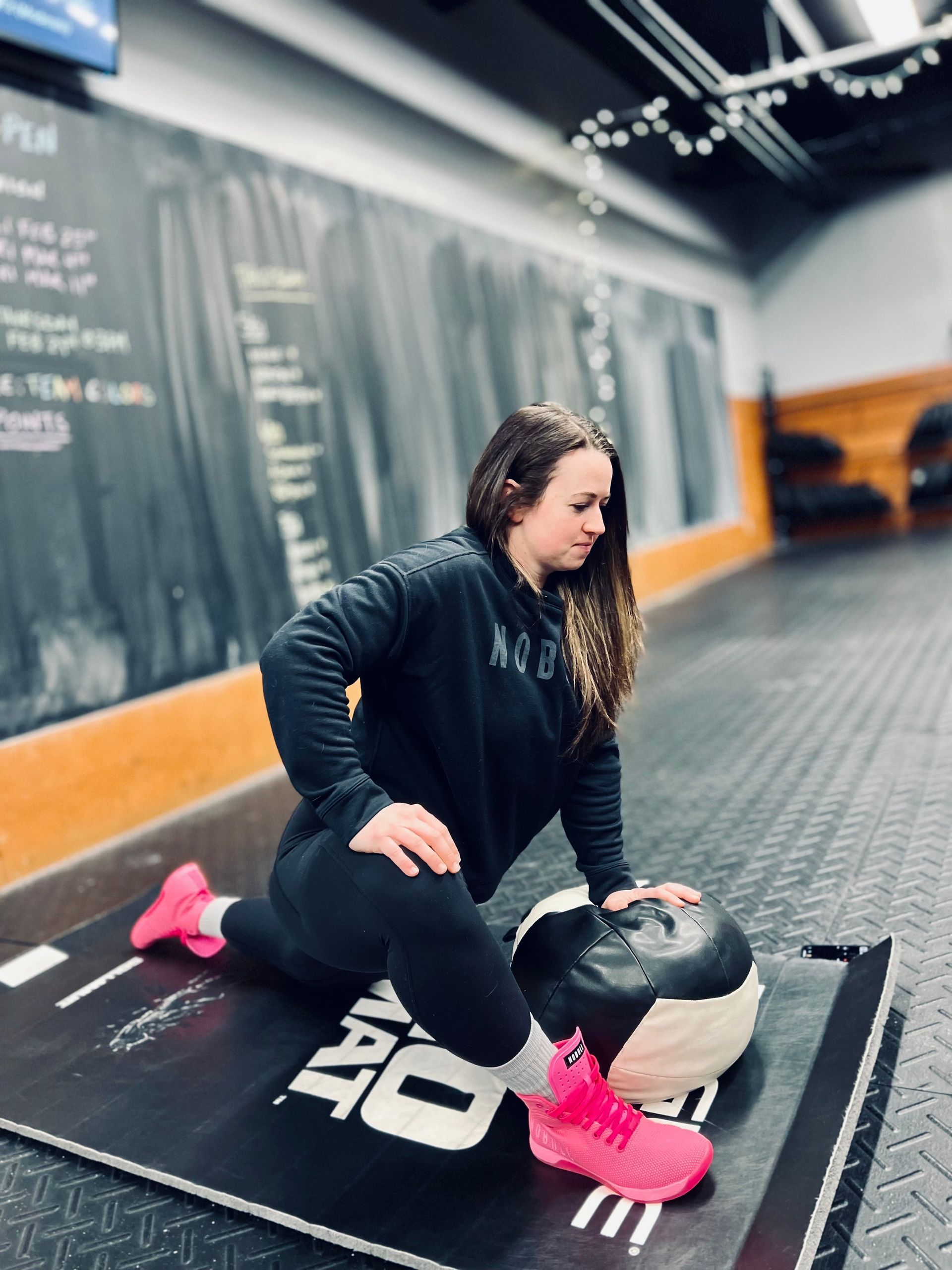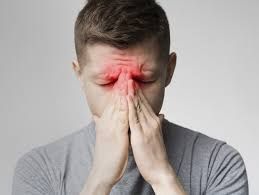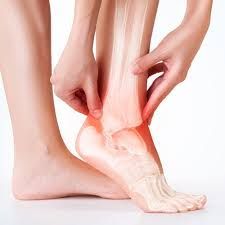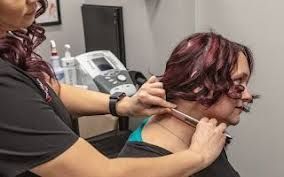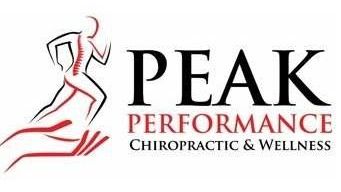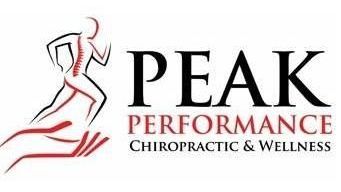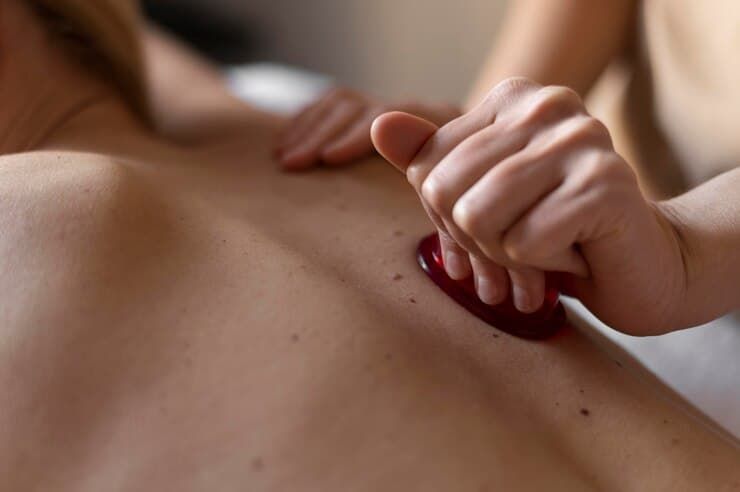7 Signs You Need to Up Your Hydration Game
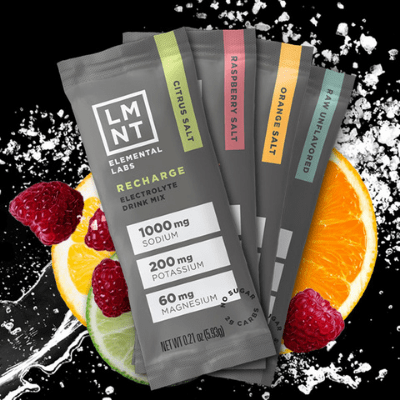
Hydration is the cornerstone of wellness. From maintaining bodily functions to enhancing athletic performance, adequate hydration is essential for optimal health. However, many of us underestimate its importance, leading to various signs of dehydration that can impact our daily lives. As experts in chiropractic and massage therapy, we understand the critical role hydration plays in overall well-being. Here are seven signs that indicate it's time to up your hydration game, along with tailored recommendations to keep you feeling your best.
- Persistent Fatigue and Lethargy: Feeling sluggish and tired despite getting enough sleep? Chronic fatigue could be a sign of dehydration. When the body lacks proper hydration, it works harder to perform basic functions, leading to increased feelings of fatigue. Combat this by sipping water throughout the day—never leave that Hydroflask at home!
- Muscle Cramps and Spasms: Dehydration can cause electrolyte imbalances, leading to painful muscle cramps and spasms, especially during physical activity. If you frequently experience muscle cramps, it's a sign to increase your fluid intake, especially before and after exercise. Consider hydrating with a balanced electrolyte drink like LMNT to replenish sodium, potassium, and magnesium lost during workouts.
- Dry or Sticky Mouth: A dry or sticky mouth is one of the most obvious signs of dehydration. When the body lacks sufficient fluids, saliva production decreases, resulting in a parched mouth and throat. Again, make sure you’re sipping water regularly throughout the day, especially if you're in a dry or arid climate and as we head into a nice Buffalo summer.
- Dull or Dry Skin: Dehydrated skin lacks elasticity and appears dull and dry. If you notice your skin looking lackluster or feeling tight, it's a sign that your body needs more hydration. A simple trick to tell involves pinching the skin on the back of your hand and seeing if it returns to its original state in a few seconds. If it doesn't, you may be dehydrated. Increase your water intake and incorporate hydrating foods like fruits and vegetables into your diet. Additionally, consider using a quality moisturizer to lock in moisture and keep your skin glowing.
- Frequent Headaches: Dehydration can trigger headaches and migraines, as insufficient fluid intake reduces blood volume and oxygen flow to the brain. If you find yourself reaching for pain relievers frequently to combat headaches, try reaching for a glass of water instead. Staying hydrated can help alleviate headaches and prevent them from occurring in the first place.
- Decreased Urination and Dark Urine: Monitoring your urine color and frequency is a simple way to gauge your hydration levels. Dark yellow or amber-colored urine indicates concentrated waste and a need for more fluids. Aim for pale yellow urine as a sign of adequate hydration. Remember to drink water regularly throughout the day, especially if you're physically active or exposed to hot temperatures.
- Difficulty Concentrating and Brain Fog: Dehydration can impair cognitive function, leading to difficulty concentrating, memory lapses, and brain fog. If you find it challenging to focus or experience mental fatigue, dehydration could be a contributing factor. Keep your mind sharp by staying hydrated with water and electrolyte-rich beverages.
Hydration Recommendations Based on Activity Levels
Remember, everyone leads different lifestyles and may not need the same water intake as the next person. Here’s a simple guide to point you in the right direction.
- Sedentary Lifestyle: Aim to drink at least eight 8-ounce glasses of water per day, and consider adding electrolyte supplements to your routine, especially if you spend long hours indoors or in air-conditioned environments.
- Moderate Exercise: Hydrate before, during, and after exercise by drinking water and electrolyte beverages. The American Council on Exercise recommends consuming 17-20 ounces of water two to three hours before exercising, 8 ounces of water 20-30 minutes before exercising, and 7-10 ounces of water every 10-20 minutes during exercise.
- Intense Exercise: Before doing those workouts that leave you dripping in sweat, engage in a pre-workout hydration routine that includes electrolyte supplementation to prevent dehydration and maintain peak performance. It’s so important to incorporate supplements like LMNT into your pre-workout regimen to replenish essential minerals lost through sweat. And for those especially grueling workouts, consider using a second LMNT packet afterward.
So for those who haven’t gotten on the LMNT train and are curious about all the hype, what is it and how should you use it?
LMNT is a premium electrolyte drink specifically formulated to replenish essential minerals lost through sweat. With the perfect ratio of sodium, potassium, and magnesium, LMNT offers superior hydration without any added sugars or artificial ingredients.
To enjoy LMNT, simply mix one packet with 16-32oz of water and drink as needed to stay hydrated throughout the day. Whether you're an athlete, a busy professional, or someone looking to enhance your hydration routine, LMNT provides a convenient and effective solution.
At Peak Performance Chiropractic here in Buffalo, we believe hydration to be an essential component to optimizing health and wellness. That's why we're proud to offer LMNT to our patients as part of our commitment to supporting your overall health. Visit us today to learn more about LMNT and how it can benefit you.
In conclusion, staying hydrated is crucial for overall well-being. By recognizing the signs of dehydration and implementing personalized hydration strategies, you can optimize your performance, improve your mood, and enhance your quality of life. Whether you're relaxing at home, hitting the gym, or tackling a busy day at work, prioritize hydration and reap the countless benefits it has to offer. Stay hydrated and stay healthy Peak!
Bethany Wolcott
D’Youville Chiropractic ‘26
